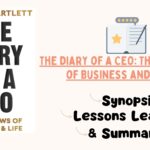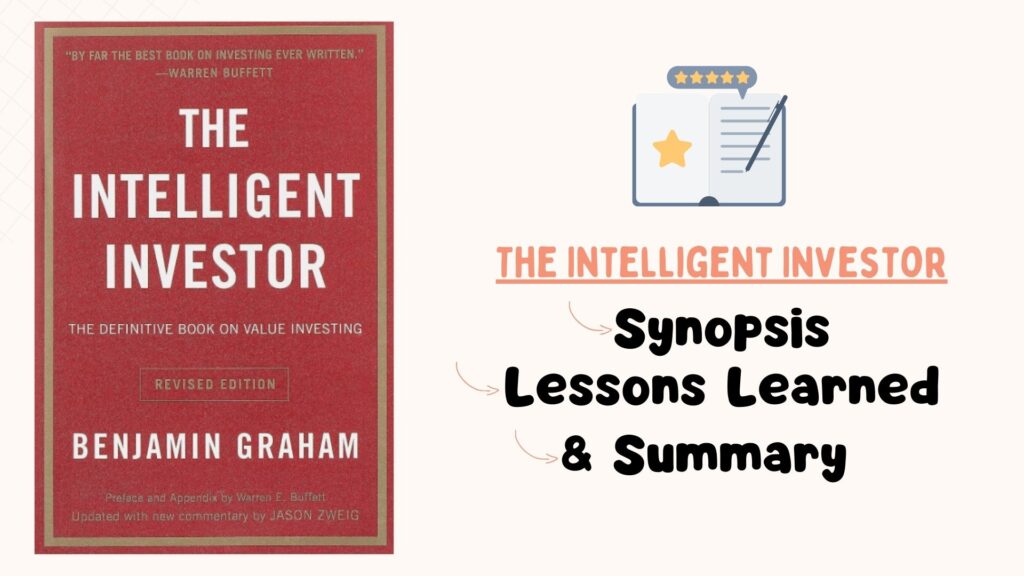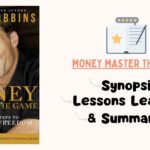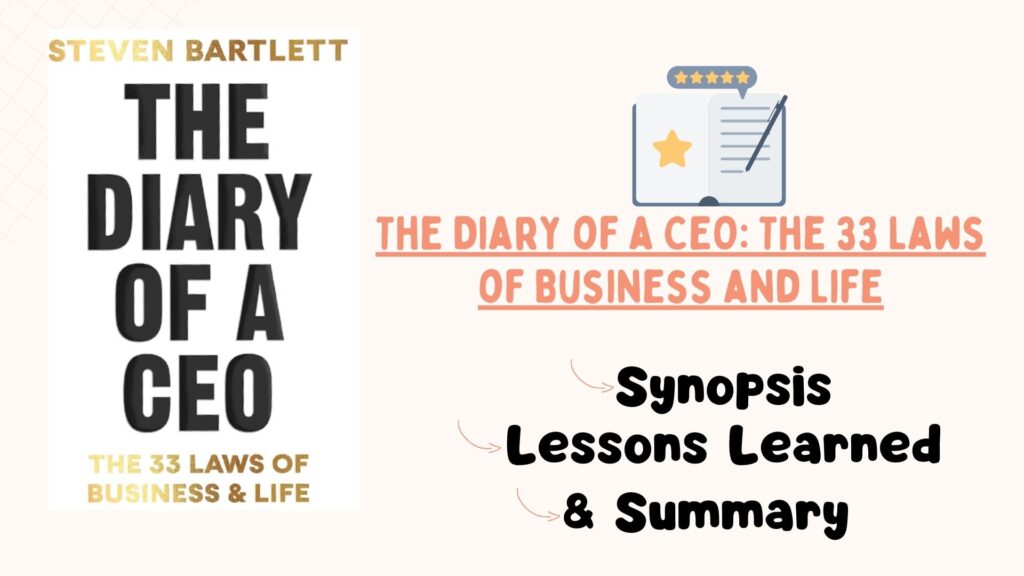Gaining insights from Benjamin Graham’s timeless classic, “The Intelligent Investor,” has been an eye-opening experience. The book offers valuable lessons about investing and financial strategies that continue to be relevant today. From understanding the difference between investing and speculation to learning about the dangers of emotional decision-making, Graham’s wisdom has provided a refreshing perspective on smart and prudent investing. This blog post will delve into some of the key insights and lessons I have learned from this influential book.
Key Takeaways:
- Value Investing: The book emphasizes the importance of value investing, which involves analyzing a company’s fundamentals and investing in stocks that are trading below their intrinsic value.
- Market Fluctuations: Graham highlights the importance of understanding market fluctuations and how to approach them with a long-term perspective.
- Margin of Safety: The concept of margin of safety is a cornerstone of Graham’s investment strategy, which involves buying assets at a significant discount to their intrinsic value to minimize risk.
- Investor Behavior: The book discusses the psychological aspects of investor behavior and the importance of maintaining discipline and rationality in investment decisions.
- Diversification: Graham advocates for diversification as a risk management strategy, recommending a mix of stocks and bonds in a portfolio.
- Mr. Market: The metaphor of Mr. Market personifies the erratic behavior of the stock market, reminding investors to be cautious of emotional reactions to market movements.
- Investment Principles: Graham’s timeless investment principles, such as thorough analysis, long-term perspective, and risk management, provide a valuable framework for investors.

The Core Principles
Assuming you are new to the world of investing, let’s start from the basics. “The Intelligent Investor” by Benjamin Graham is the ultimate guide for anyone who wants to understand the core principles of investing. Graham, known as the father of value investing, imparted invaluable wisdom that has stood the test of time. In this blog post, we will explore the key concepts from this revolutionary book and how they can help you become a smarter, more successful investor.
The Concept of “Value Investing”
Value Investing is the foundation of Graham’s philosophy. It is the idea that stocks should be selected based on their intrinsic value rather than market trends or speculation. This approach focuses on finding companies that are currently trading for less than their true worth, allowing investors to buy low and sell high. Graham’s emphasis on thorough analysis and long-term perspective sets value investing apart from other strategies, making it a powerful tool for those seeking sustainable, consistent returns.
Value Investing requires patience and a keen understanding of financial statements to uncover undervalued stocks. Graham’s approach teaches us to be disciplined and rational in our investment decisions, resisting the temptations of short-term gains and emotional reactions to market fluctuations.
The Margin of Safety Explained
Core to Graham’s philosophy is the concept of “margin of safety,” which emphasizes the importance of protecting your investments from unforeseen risks. This principle suggests that investors should only buy a stock when it is available at a significant discount to its intrinsic value, providing a cushion against potential losses. By demanding a margin of safety, investors can mitigate the impact of market volatility, business downturns, or other adverse events.
Plus, Graham’s idea of margin of safety extends beyond stock selection to include a mindset of risk management and a focus on long-term wealth preservation. It encourages investors to be cautious, diligent, and always mindful of the downside potential, ensuring that their portfolios are resilient even in turbulent times.
The Investor and Market Fluctuations
Obviously, as an investor, dealing with market fluctuations is an unavoidable part of the game. Understanding how to navigate these fluctuations is crucial in achieving long-term success in the world of investing. In “The Intelligent Investor” by Benjamin Graham, this topic is discussed at length, providing valuable insights for both new and seasoned investors.
Mr. Market Metaphor
With the metaphor of Mr. Market, Benjamin Graham brilliantly captures the erratic behavior of the stock market. He illustrates Mr. Market as a manic-depressive individual who offers to buy or sell stocks at different prices, influenced by irrational emotions rather than underlying business value. This metaphor serves as a reminder to investors that they should not let the market’s wild swings dictate their investment decisions.
Market fluctuations are inevitable, and knowing how to react is essential for success in the investing world. Graham emphasizes the importance of staying rational and maintaining a long-term perspective, rather than succumbing to the fear or greed that Mr. Market symbolizes. By understanding the true value of a business, and having the patience to wait for opportunities that align with that value, investors can navigate market fluctuations with confidence.
Metaphor of Mr. Market cleverly conveys the irrational nature of the stock market, reminding investors to approach fluctuations with a rational mindset. By avoiding impulsive decisions and focusing on underlying value, investors can turn market volatility to their advantage, ultimately achieving long-term success.
The Defensive Investor
Keep your investments safe and steady with the principles of The Intelligent Investor by Benjamin Graham. In this chapter, we will explore the strategies and techniques recommended for the defensive investor.
Portfolio Management Tips
Tips for portfolio management for the defensive investor include diversification, focusing on low-cost index funds, and regularly reviewing and rebalancing your portfolio. Consider allocating a portion of your portfolio to bonds for stability, and be sure to keep an eye on your expenses.
- Diversify to spread out risk
- Focus on low-cost index funds
- Regularly review and rebalance
Recognizing the importance of managing your portfolio in a defensive manner will help protect your investments and keep you on track for long-term success.
Creating a Balanced Investment Plan
Tips for creating a balanced investment plan include setting clear investment objectives, determining your risk tolerance, and establishing an asset allocation that aligns with your goals. Consider incorporating both stocks and bonds into your portfolio to balance risk and return.
Investment in a balanced and diversified portfolio can help you weather market fluctuations and achieve your long-term financial goals. By following the advice of Benjamin Graham, you can become a more defensive and ultimately successful investor.
The Enterprising Investor
Unlike the defensive investor, the enterprising investor is willing to put in the time and effort to actively manage their portfolio. They are looking for opportunities to beat the market and are more focused on capital appreciation rather than just income. The enterprising investor is willing to do the hard work and take calculated risks in order to achieve their investment goals.
Identifying Undervalued Stocks
The enterprising investor is always on the lookout for undervalued stocks – those trading at a price below their intrinsic value. They look for companies with strong fundamentals, such as low price-to-earnings ratios, solid balance sheets, and consistent earnings growth. By identifying these undervalued stocks, the enterprising investor can potentially capitalize on market inefficiencies and achieve higher returns.
When to Sell – Knowing Your Exit
The enterprising investor understands the importance of knowing when to sell. They don’t let emotions drive their decisions, but rather have a clear strategy in place. They pay attention to changes in the company’s fundamentals, shifts in the market, and any signs of overvaluation. By having a disciplined approach to selling, the enterprising investor can lock in profits and avoid potential losses.
Undervalued stocks, disciplined approach, market inefficiencies, capital appreciation, calculated risks.
Summing up
On the whole, “The Intelligent Investor” by Benjamin Graham has been an eye-opening experience, providing a wealth of knowledge and practical advice on investing. Through Graham’s timeless principles, readers have learned the importance of evaluating stocks with a long-term perspective and focus on minimizing risk. Additionally, the book underlines the significance of being financially disciplined and having a clear understanding of market fluctuations. Overall, Graham’s insights have empowered readers to approach investing with a more strategic and informed mindset, ultimately leading to better investment decisions and financial security.
FAQ
Q: What is “The Intelligent Investor” by Benjamin Graham about?
A: “The Intelligent Investor” is a book about value investing and the principles of sound financial management. It provides timeless advice on how to analyze and approach the stock market.
Q: Is “The Intelligent Investor” suitable for beginners?
A: Yes, the book is written in a way that is accessible to beginners. It explains important financial concepts in a clear and understandable manner.
Q: What makes “The Intelligent Investor” different from other investment books?
A: “The Intelligent Investor” focuses on the value investing approach, emphasizing long-term strategies and the importance of fundamental analysis. It also emphasizes the psychological aspects of investing.
Q: How can “The Intelligent Investor” help me as an investor?
A: The book can help you develop a disciplined and rational approach to investing, teaching you how to identify undervalued stocks and manage risk effectively.
Q: Is “The Intelligent Investor” outdated, given that it was first published in 1949?
A: Despite being originally published in 1949, the principles and strategies discussed in the book remain relevant today. The updated commentary in newer editions helps connect the concepts to modern financial markets.
Q: Can “The Intelligent Investor” help me avoid common investment pitfalls?
A: Yes, the book provides insights into common behavioral and psychological pitfalls that investors often fall into, helping you to avoid making costly mistakes.
Q: Who should read “The Intelligent Investor”?
A: Anyone who is interested in developing a deeper understanding of value investing, regardless of their level of experience, can benefit from reading “The Intelligent Investor.” It is particularly valuable for those looking for a long-term, rational approach to investing.












